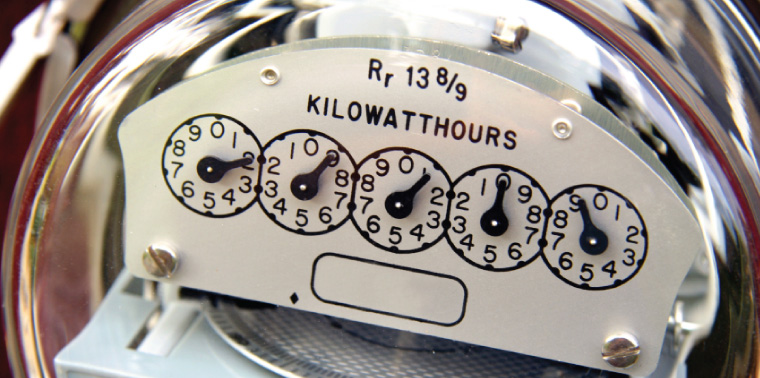For now, incentives are the most politically saleable strategy to induce efficiency savings. As part of the 2009 stimulus bill, the U.S. Department of Energy doled out hundreds of millions to boost efficiency programs.
More vigorous mandates are making a comeback, too. Most visible, perhaps, has been the rollout of higher mileage standards for cars. And in 2010, DOE announced dozens of tough penalties against companies selling appliances, plumbing and lighting without certifying that they meet energy and/or water efficiency standards. Such well-crafted rules promise to speed change while obviating many of the psychological traps that can distract consumers. When we can’t opt for a less-efficient technology, our purchasing decisions get easier.
There may even be a public appetite for a yet heavier regulatory hand. A national survey conducted by the Mellman Group for the Union of Concerned Scientists suggests consumers may prefer tougher mileage rules. The study found that about 74 percent of voters favor tougher federal goals requiring that average fuel efficiency rise to 60 mpg by 2025. Two-thirds supported the goal even if it meant a $3,000 premium on the sticker price, assuming that could be recouped in savings at the pump within four years.
Perhaps the biggest motivator of all could end up to be the market. The sharp oil price spike of 2008 caused an unprecedented stampede away from gas-guzzling vehicles and triggered broader efforts to cut energy use. Similar increases in the cost of electricity or natural gas could do much to motivate consumers to cut back by improving their energy efficiency.
Advocates for a tax on carbon emissions generated by energy use argue such a fee would trigger the adoption of energy efficiency measures in an orderly fashion by preventing such on-again, off-again shifts toward efficient technologies. Better to create an incentive to put efficient systems into place ahead of time, they argue, than to wait for unpredictably high energy prices to return and force these shifts chaotically.
Indeed, better we all learn efficiency-improving behaviors while we can afford to.
![]()
A version of this feature originally appeared in the Fall 2010 issue of Momentum magazine, Ensia’s predecessor.
Ensia shares solutions-focused stories free of charge through our online magazine and partner media. That means audiences around the world have ready access to stories that can — and do — help them shape a better future. If you value our work, please show your support today.
Yes, I'll support Ensia!
